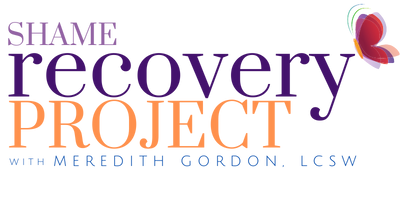Forgiving does not mean forgetting what happened but it can allow us to remember the incident without being at the mercy of our own anger, pain, anxiety, and rage.
How do you forgive someone who has hurt you to the core?
The word forgiveness is laden with emotion. When someone has hurt us, the last thing we are eager to do is to forgive them even though, intellectually, we know that forgiveness does not mean condoning the hurt/pain/humiliation/devastation. Then we tell ourselves that we have a choice as to how we feel, that we need to think differently about it! But, alas, we can’t seem to see the situation any differently.
Forgiveness too much? Start with this instead
“Perhaps, for the moment, instead of trying so very hard to forgive, the key is to simply accept. Acceptance doesn’t mean we like it, love it, want it, wished for it, or approved of it (it being that which hurt us), but it does signal that we acknowledge that it happened.”
Adapted from Narcissism: Surviving the Self-Involved by Meredith Resnick
Photo by Lisa Fotios
